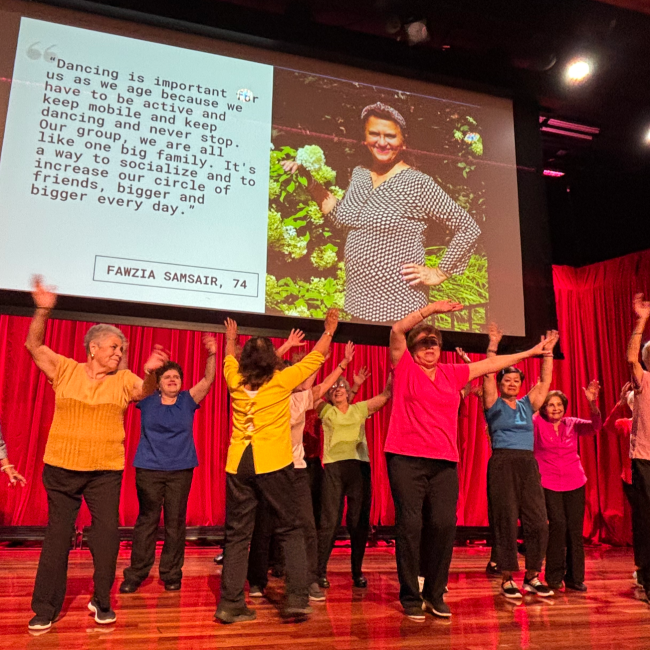Impact of cognitive decline on the physical functioning of older adults in Southern Brazil: a cross-sectional study
Front Aging Neurosci. 2025 Jun 18;17:1549764. doi: 10.3389/fnagi.2025.1549764. eCollection 2025.
ABSTRACT
INTRODUCTION: Reduced physical function has been linked to cognitive decline, yet this relationship remains understudied in the older Brazilian population. This study evaluates the impact of cognitive decline on physical functioning in older adults in Southern Brazil.
METHODS: A cross-sectional analysis was conducted with community-dwelling older adults (n = 336), categorized as cognitively unimpaired (CU, n = 181), mild cognitive impairment range (MCI-range, n = 105), or dementia-range (n = 50) based on Montreal Cognitive Assessment cutoff points adapted for the Brazilian population. Physical function was assessed using tests for balance, strength, flexibility, and aerobic endurance. Statistical analyses included one-way ANOVA with post hoc Bonferroni tests.
RESULTS: Most physical function variables worsened as cognitive impairment increased. The CU group performed significantly better than the MCI- and dementia-range groups in dynamic and static balance, upper-body strength (η2 = 0.09), upper- and lower-body flexibility (η2 = 0.07, η2 = 0.08), and aerobic endurance (η2 = 0.11) (p < 0.05).
CONCLUSION: Cognitive status influences physical function in older adults. Identifying physical indicators linked to cognitive decline may improve screening efforts in clinical trials.
PMID:40607186 | PMC:PMC12213795 | DOI:10.3389/fnagi.2025.1549764
Authors
Aline Haas, PhD
Dancer, Researcher



